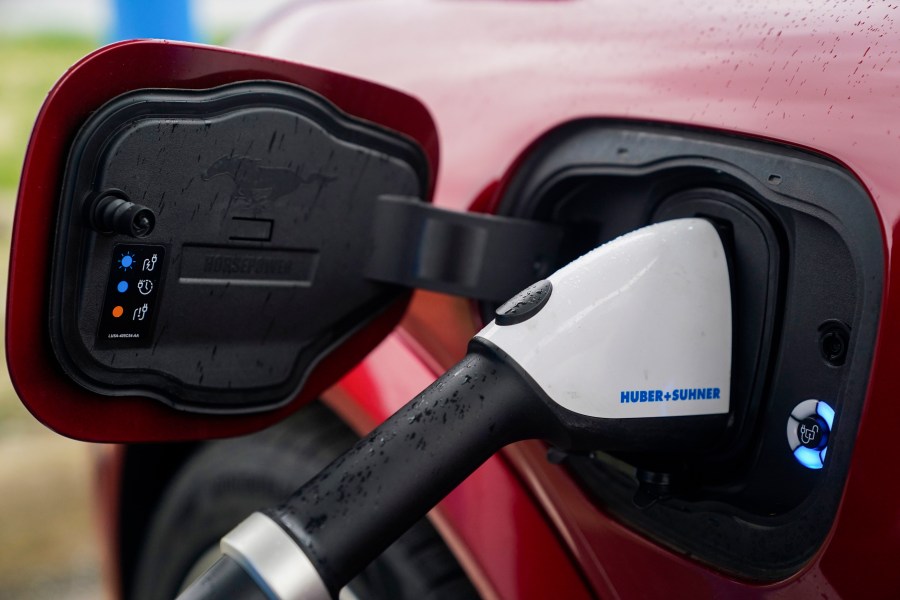
As the deadline approaches for the federal electric vehicle (EV) tax credit, which is set to expire on September 30, 2025, potential buyers are urged to act quickly to capitalize on significant savings. The tax credit, worth up to $7,500, is a critical financial incentive for consumers considering the purchase of electric vehicles. With dealers currently offering aggressive lease and finance deals, this period represents a unique opportunity for those interested in transitioning to electric transportation.
Recent data from Auto Pacific reveals that 79 percent of prospective EV buyers are aware of the tax credit, with nearly one in three indicating it is the primary reason for their purchase decision. The impending expiration of the credit raises concerns among industry analysts, who predict that EV adoption could stall at just 8 percent through 2026, reaching only 12 percent by 2029. This forecast represents a significant decline from earlier expectations and highlights the importance of the credit in influencing consumer behavior.
Current Dealer Offers and Market Impact
The current market is witnessing unprecedented lease deals. For instance, consumers can lease the Volkswagen ID.4 for approximately $100 per month with a modest down payment, a price typically associated with gym memberships. Other competitive offers include the Chevrolet Equinox EV at around $249 per month, the Honda Prologue ranging from $159 to $229, and the Acura ZDX near $299. Tesla has also reduced finance rates; Model Y shoppers can secure rates around 3.5 percent APR, while Model 3 buyers may qualify for 0 percent financing when bundling driver-assist upgrades. Additionally, Polestar is providing incentives of up to $15,000 off the Polestar 3, surpassing the available tax credit itself.
For those considering the purchase of an EV, this moment offers a compelling combination of tax credits and dealer incentives, making electric vehicles like the ID.4, Equinox EV, and Prologue significantly more affordable. Failure to act before the tax credit expires could result in missed opportunities for substantial savings.
Long-Term Implications for EV Adoption
The expiration of the EV tax credit comes at a time when electric vehicle technology is advancing rapidly. Notable models, such as the Ford F-150 Lightning, are showcasing the capabilities of electric trucks, blending power, utility, and innovative features. However, the potential disappearance of the financial incentives may hinder broader adoption.
According to Auto Pacific, the future of affordable electric vehicles could be jeopardized unless policymakers take action or automakers absorb the costs associated with EV production. Without the tax credit, the landscape for electric vehicles may shift, leaving more consumers hesitant to invest in EV technology due to perceived financial barriers.
As the deadline approaches, interested buyers should weigh their options carefully. The combination of government incentives and favorable dealer offers creates a rare moment for consumers to consider electric vehicles. Those who delay may find themselves facing a less favorable market, underscoring the urgency to make informed decisions before the tax credit vanishes.






